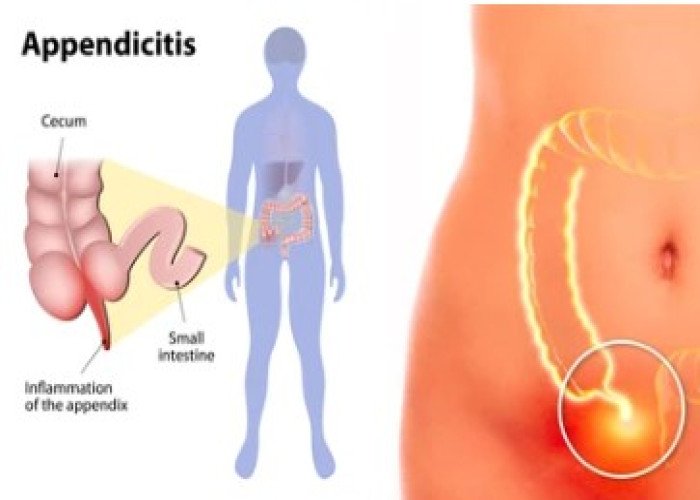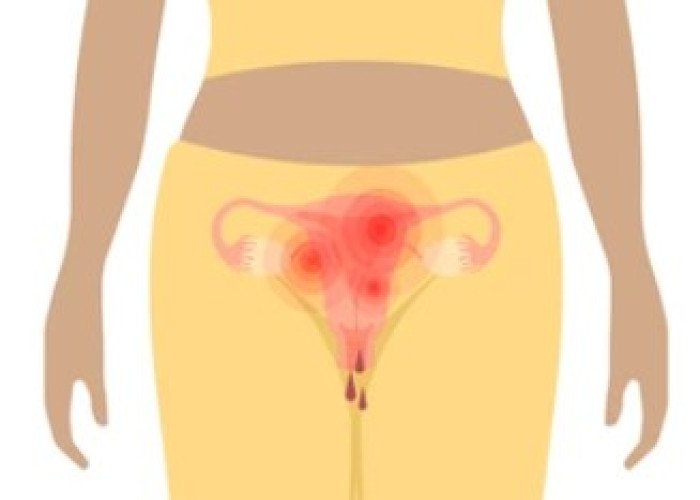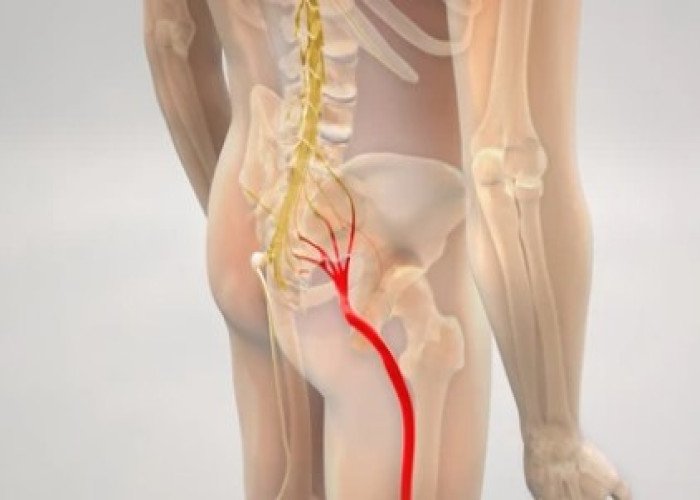 Welcome
Welcome
“May all be happy, may all be healed, may all be at peace and may no one ever suffer."
Delayed menstruation - Homeopathic remedies
Delayed menstruation, also known as amenorrhea, is a condition in which a woman's menstrual cycle is absent or delayed for more than three months. It can be caused by a variety of factors, including pregnancy, stress, changes in weight or exercise habits, hormonal imbalances, thyroid disorders, polycystic ovary syndrome (PCOS), and certain medications.
If a woman is not pregnant, the cause of delayed menstruation may need to be investigated by a healthcare professional. A physical exam, blood tests, and imaging studies may be used to determine the underlying cause. Treatment options for delayed menstruation depend on the cause of the condition and may include lifestyle changes, medication, or surgery.
It is important for women to track their menstrual cycles and to seek medical attention if they experience changes or irregularities in their periods. Delayed menstruation can have an impact on fertility and may be a sign of an underlying health condition that requires treatment. By identifying the cause of delayed menstruation and addressing it appropriately, women can help maintain their reproductive health and overall well-being.

Jaundice

Appendicitis

Fear in dark

Neuralgia

Eye inflammation

Eczema

Bleeding from uterus

Sciatica
Delayed menstruation, ঋতুস্রাবে বিলম্ব
To be happy, beautiful, healthy, wealthy, hale and long-lived stay with DM3S.







